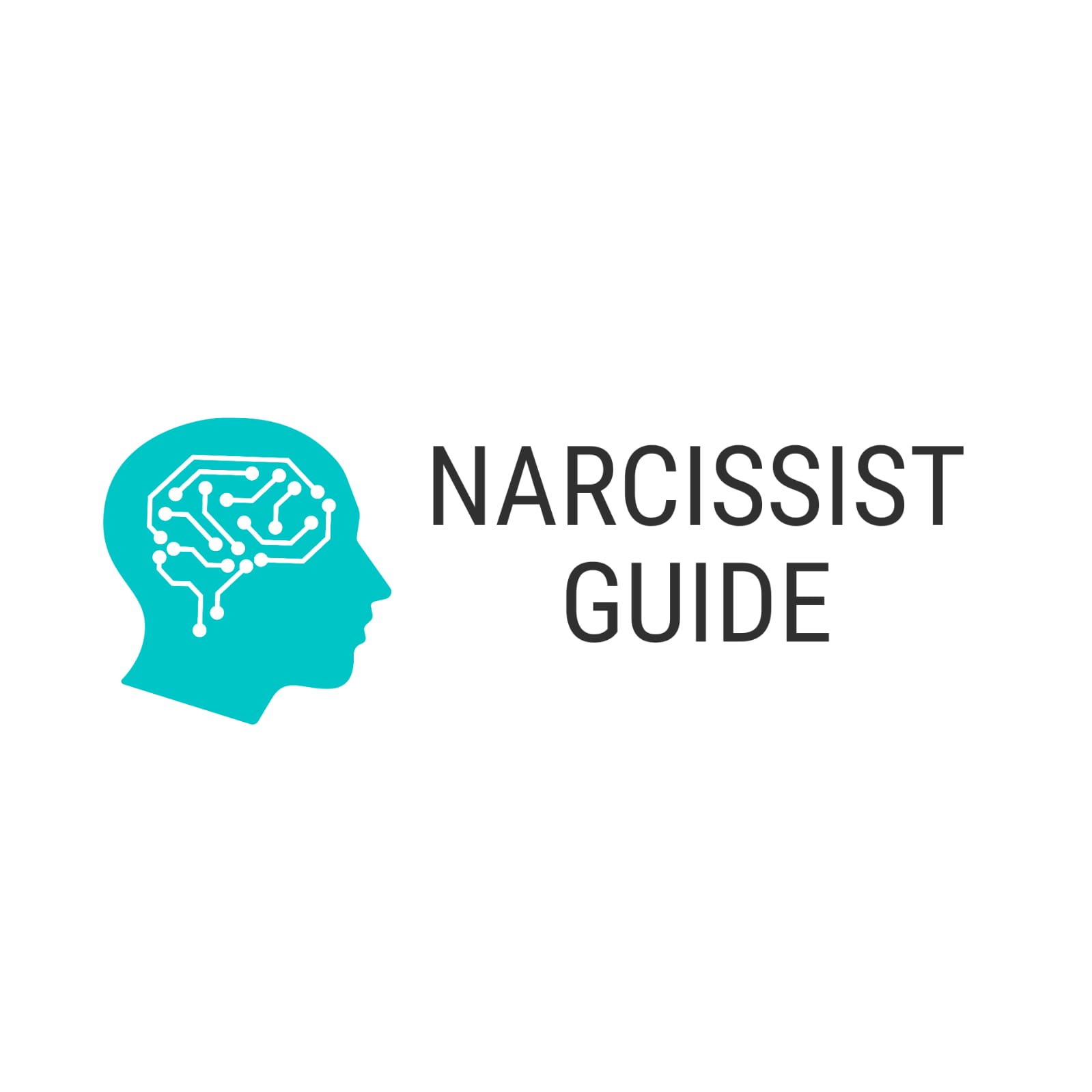What Is Narcissistic Supply? Understanding Its Impact on Narcissism
If you’ve ever heard the term narcissistic supply and wondered what it means, you’re not alone. It’s a crucial concept in the study of narcissism and helps explain the behavior of people with narcissistic tendencies.
What Is Narcissistic Supply? In this article, we’ll dive deep into understanding narcissistic supply, how it affects narcissistic individuals, and how it impacts their relationships.
By the end, you’ll have a better understanding of why narcissists seek out specific sources for their validation and how they maintain their self-worth.

What Is Narcissistic Supply?
Narcissistic supply refers to the emotional and psychological sustenance that narcissists seek from others in order to maintain their inflated self-image and self-esteem. Just like we need food and water to survive, narcissists rely on external validation, admiration, and attention to feel good about themselves. Without this supply, they may experience feelings of emptiness, insecurity, or anxiety.
The Role of Narcissistic Supply in Narcissism
At its core, narcissism is rooted in a fragile sense of self-worth. While narcissists may appear confident or even arrogant, their self-esteem is often shaky and dependent on the approval of others. Narcissistic supply is essentially a lifeline for these individuals. They need it to fuel their grandiosity, keep their ego intact, and feel like they’re in control.
Narcissists don’t just seek validation from anyone; they tend to focus on people who can offer them the attention, admiration, and praise they crave. These individuals often see others as tools or resources for meeting their needs, rather than as equals. This dynamic is key to understanding why narcissists can be manipulative and self-centered.
Types of Narcissistic Supply
Narcissistic supply can come in many forms, and narcissists will go to great lengths to secure it. Here are some common types:
1. Admiration and Praise
One of the most common forms of narcissistic supply is admiration. Narcissists thrive on being the center of attention and receiving constant praise for their achievements, appearance, or personality. They may constantly fish for compliments or boast about their accomplishments to ensure that others are giving them the validation they seek.
2. Attention and Recognition
Another form of narcissistic supply is attention. Narcissists need to feel noticed and appreciated, whether it’s through social media likes, personal compliments, or people constantly acknowledging their presence. If they don’t get this attention, they may feel neglected and react with anger or frustration.
3. Control and Power
For some narcissists, the supply comes in the form of control. They seek to dominate conversations, relationships, or situations to assert their superiority. This power dynamic helps them feel in charge and ensures that they maintain the upper hand in their interactions.
4. Emotional Reactions
Some narcissists derive supply from triggering emotional responses in others. Whether it’s making someone feel angry, sad, or upset, narcissists enjoy creating a reaction that centers around them. These emotional exchanges serve to reinforce their sense of importance and control.
How Narcissistic Supply Affects Relationships
Narcissists often have turbulent and unhealthy relationships because they rely heavily on external validation to feel good about themselves. Here’s how narcissistic supply can impact their relationships:
1. Manipulation and Exploitation
Narcissists will often manipulate others to ensure they get the supply they need. They may play on your emotions, make you feel guilty, or gaslight you into giving them the attention and admiration they crave. This manipulation can leave you feeling drained, confused, or even emotionally abused.
2. Lack of Empathy
One of the defining characteristics of narcissism is a lack of empathy. Narcissists are typically unable to understand or care about the feelings of others unless it serves their own interests. This means that they may disregard your needs, emotions, and desires if it interferes with their ability to secure their narcissistic supply.
3. Idealization and Devaluation
In relationships with narcissists, there’s often a cycle of idealization and devaluation. In the beginning, they may shower you with attention, praise, and affection to secure your supply. Once they feel they have your loyalty, they may devalue you, becoming critical, dismissive, or emotionally distant. This is because the initial admiration they received from you starts to fade, and they need to find new sources of validation.
4. Inability to Handle Criticism
Narcissists are extremely sensitive to criticism, as it threatens their fragile self-esteem. If they perceive any form of disapproval or rejection, they may react with rage, deflection, or even withdrawal. This can make it incredibly difficult to have open, honest communication with them.
How Narcissistic Supply Can Be Challenging to Deal With
Dealing with someone who constantly seeks a narcissistic supply can be mentally and emotionally exhausting. It’s important to set boundaries and protect your emotional well-being when engaging with a narcissist. Here are some strategies for dealing with narcissistic individuals:
1. Maintain Healthy Boundaries
Narcissists often push boundaries to get the supply they need. It’s essential to stand firm and set clear limits on what is acceptable behavior. Don’t let them manipulate or exploit your emotions.
2. Don’t Take It Personally
Narcissists rely on others for their self-worth, and their actions are a reflection of their own insecurities. Don’t take their need for validation as a reflection of your own value. Recognizing that their behavior is rooted in their own issues can help you detach emotionally.
3. Seek Support
If you’re dealing with a narcissistic individual, whether in a personal or professional setting, it’s important to have a support network. Talking to a therapist or trusted friends can help you process your emotions and gain perspective on the situation.
People also ask
What are examples of narcissistic supply?
Here are some examples of narcissistic supply:
Admiration and Praise: Constant compliments and recognition for achievements, looks, or skills.
Attention: Being the center of attention in social settings, receiving undivided focus.
Emotional Reactions: Provoking others to feel anger, sadness, or excitement to feel validated.
Flattery: Receiving adoration or excessive praise, often through manipulation.
Control and Power: Dominating conversations or situations to maintain superiority.
Social Media Validation: Likes, comments, and shares on posts to feel valued and admired.
Being Idealized: Others treat them as special or superior, reinforcing their self-worth.
What is negative narcissistic supply?
Negative narcissistic supply refers to attention or validation that comes from negative emotions or reactions, such as anger, frustration, or fear. Narcissists may provoke conflict, criticism, or drama to feel powerful and in control. Even negative responses like insults or being rejected can serve as a source of validation, as they reinforce the narcissist’s belief that they are important enough to elicit strong reactions from others.
What does a narcissistic breakdown look like?
A narcissistic breakdown occurs when a narcissist’s fragile self-esteem is severely threatened, often by criticism, rejection, or a loss of control. It can look like extreme anger, emotional outbursts, or even withdrawal. They may display erratic behavior, become defensive, or try to devalue others to restore their sense of superiority. This breakdown is typically a response to feeling exposed or worthless, as their sense of self is heavily dependent on external validation and admiration.
Conclusion
In summary, What Is Narcissistic Supply? narcissistic supply is the emotional fuel that narcissists rely on to maintain their inflated sense of self-importance.
It comes in many forms, including admiration, attention, power, and emotional reactions. While it may seem like narcissists are confident and self-assured, their need for constant validation highlights a deeper sense of insecurity.
Understanding this dynamic is essential for managing relationships with narcissistic individuals, whether they’re friends, family members, or colleagues.

I’m Dr. James, and I’m glad you’re here. With years of experience in understanding and addressing the complexities of narcissistic behavior, I’ve dedicated my career to helping individuals navigate the challenging dynamics that come with narcissism, whether it’s in personal relationships, workplaces, or family settings.






